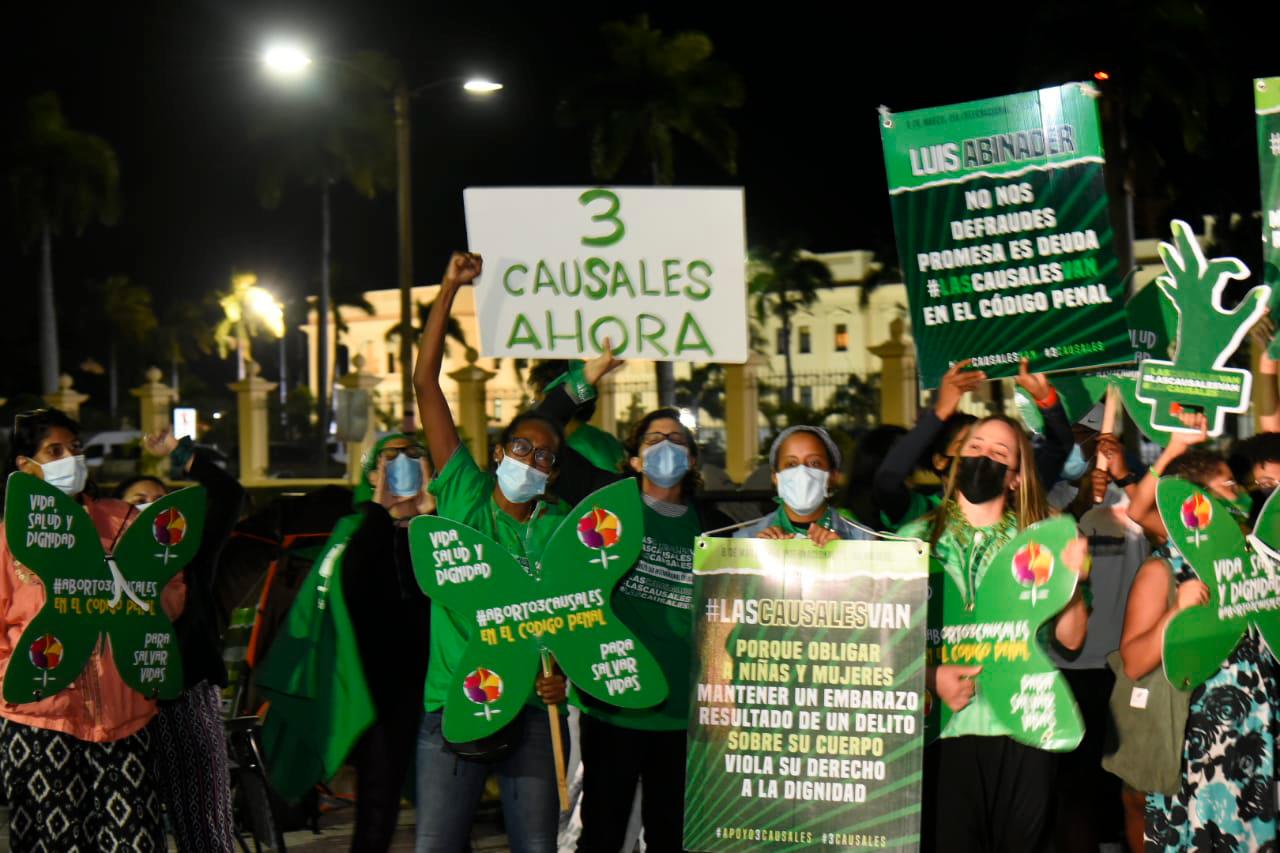
The decriminalization of abortion in the Dominican Republic polarizes the populace
The unfulfilled promise of decriminalizing abortion has sparked a month of daily protests in the Dominican Republic.
In the Dominican Republic, abortion is baned under any circumstance, even when the woman's life is in danger. The revision of this regulation was to be reviewed during the month of February in the nation's Congress. However, in mid-March, hundreds of women and reproductive rights advocates under the name #LasCausalesVan, began to gather daily in front of President Abinader's house, following the negative ruling for the decriminalization of abortion, even when the woman's life is in danger, the pregnancy is not viable or in cases of rape or incest.
La salud y vida de las mujeres debe ser prioridad, debe ser valorada y cuidada. Las causales salvan vidas. No podemos esperar más. #LasCausalesVan https://t.co/dYCK29Utz4
— rd3causales (@rd3causales) April 14, 2021
The protests have reached as far as New York City, where advocates organized solidarity protests, defending "the right to life of pregnant people" and "their right to dignity". The criminalization of abortion is generating an "increase in maternal mortality and morbidity, which places us as one of the countries with the worst health indicators," said a medical professional.
Abinader, during his campaign, promised to support the decriminalization of abortion on these three grounds. The negative reaction of several Dominican groups against abortion, including representatives of the Catholic Church, led the current president to soften his position, saying that he "was not going to impose his personal opinion" on other legislators.
RELATED CONTENT
The Dominican Republic joins El Salvador, Haiti, Honduras, Jamaica and Nicaragua as the Latin American and Caribbean countries that prohibit abortion under any circumstances, according to a report published by Amnesty International on April 7.
The total ban on abortion systematically endangers the lives of Dominican women. While some countries have an average maternal mortality rate of 21 per 100,000 live births, the average rate in the Dominican Republic is 96 deaths per 100,000 live births, according to INTEC's Center for Gender Studies.
Women and girls facing unplanned or unwanted pregnancies in the country are forced to choose between clandestine abortions or continuing their pregnancy. While some women can afford to travel to another country where abortion is legal, women in poor and rural communities risk their health and lives by the need to undergo clandestine abortions - the fourth leading cause of maternal death in the country.
On Sunday, organizers of the #LasCausalesVan camp celebrated their month-long struggle with a rally and musical performances in front of the executive mansion. And they will continue until the situation changes.











LEAVE A COMMENT: